French presidents have long sought to present themselves as a counterbalance to American foreign policy, dating back to Charles de Gaulle, who resisted U.S. dominance in the Cold War era. This tradition continues under Emmanuel Macron, who appears eager to assert France’s independence on the world stage.
However, as political analyst Alan Mendoza notes, France no longer holds the global influence it once did. Where de Gaulle’s defiance once carried significant geopolitical weight, Macron’s gestures today risk being seen as symbolic and ineffectual.
Macron reignited global debate when he announced France would formally recognize a Palestinian state at the upcoming UN General Assembly. The declaration came amid ongoing conflict between Israel and Palestinian groups in Gaza, drawing condemnation from Israeli Prime Minister Benjamin Netanyahu and U.S. Secretary of State Marco Rubio, who labeled the move “reckless.”
President Trump, though less outraged, dismissed the statement entirely, saying Macron’s words “don’t carry weight” and suggesting they were more performative than practical.
Macron Challenges Trump on Greenland, Ukraine, Reflecting Broader European Unease with U.S. Leadership
Macron’s symbolic diplomacy didn’t stop with Gaza. He made headlines in June by stopping in Greenland, an Arctic territory Trump had previously expressed interest in purchasing and firmly rejecting any notion of its acquisition. “Greenland is not to be sold,” he said, a clear swipe at Trump’s geopolitical aspirations.
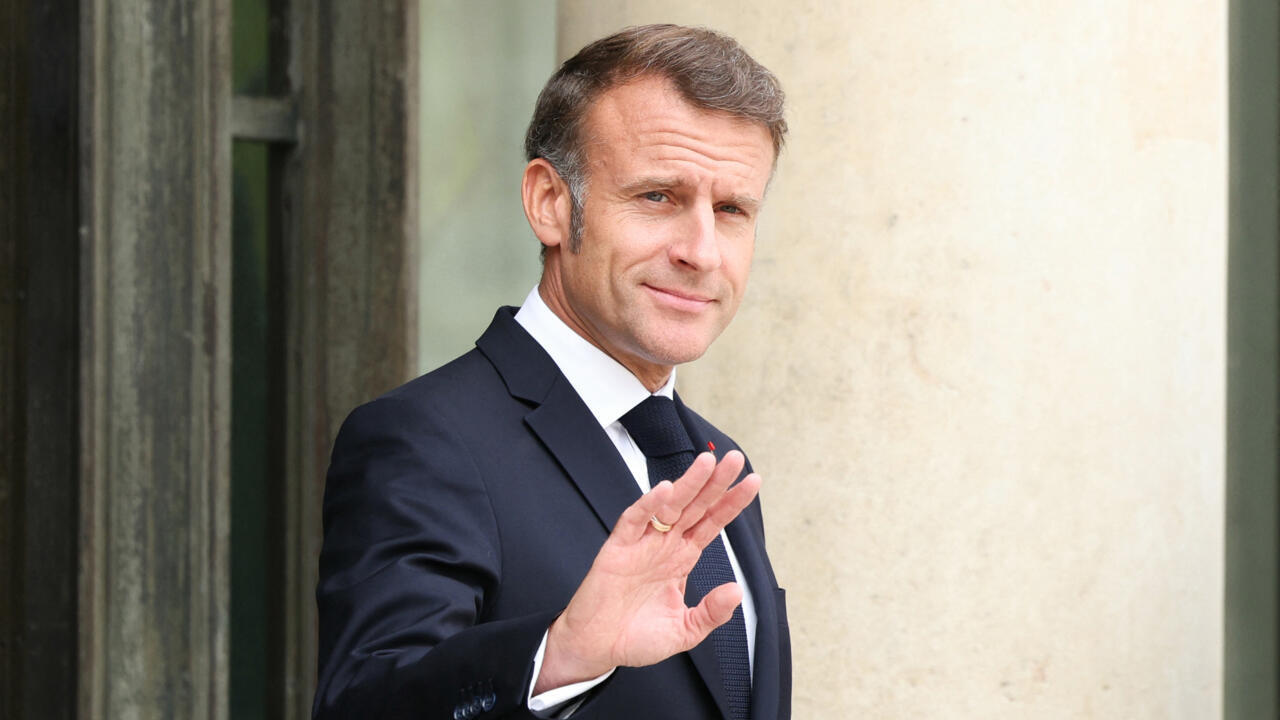
Meanwhile, their February White House meeting, while civil in tone, came amidst discord over Ukraine. Just before their talks, the U.S. voted against a UN resolution condemning Russia, highlighting sharp transatlantic policy divisions.
Trump has repeatedly marginalized Macron in public commentary. Whether criticizing Macron’s speculation about summit decisions or calling him “publicity seeking,” Trump consistently portrays the French leader as misguided or irrelevant.
Despite occasional personal cordiality, their relationship is marked by mutual disdain when it comes to policy and public messaging. Trump’s administration views Macron’s diplomacy as more contrarian than constructive.
Macron’s behavior is emblematic of a broader European sentiment. Many European leaders, including Macron, view Trump as destabilizing and hostile to the post-WWII Western alliance. Analysts like Reuel Marc Gerecht observe that French elites have a complex, often contradictory view of the U.S., both admiring and resentful.
Macron’s pushback is driven not only by ideology but by a desire to restore France’s global relevance. While his efforts may not shift policy in Washington, they underscore a transatlantic rift that continues to widen.

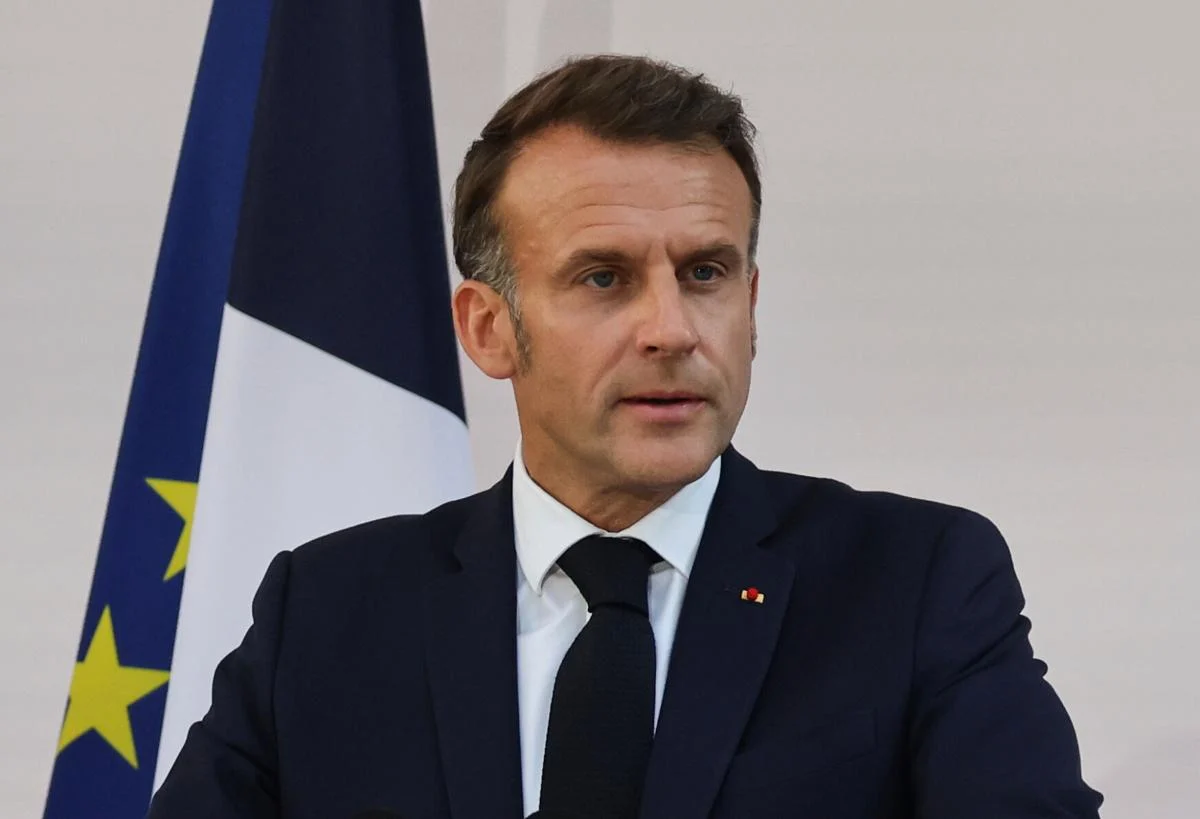







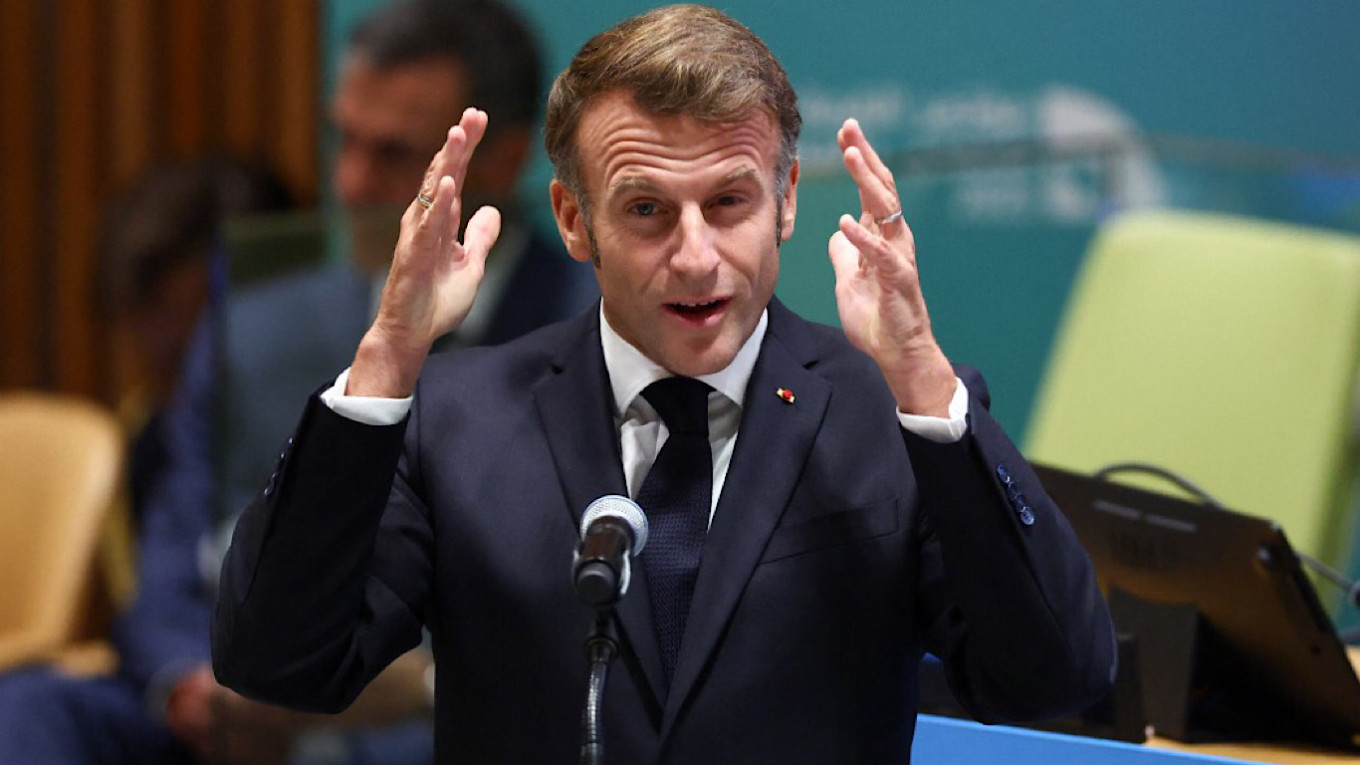
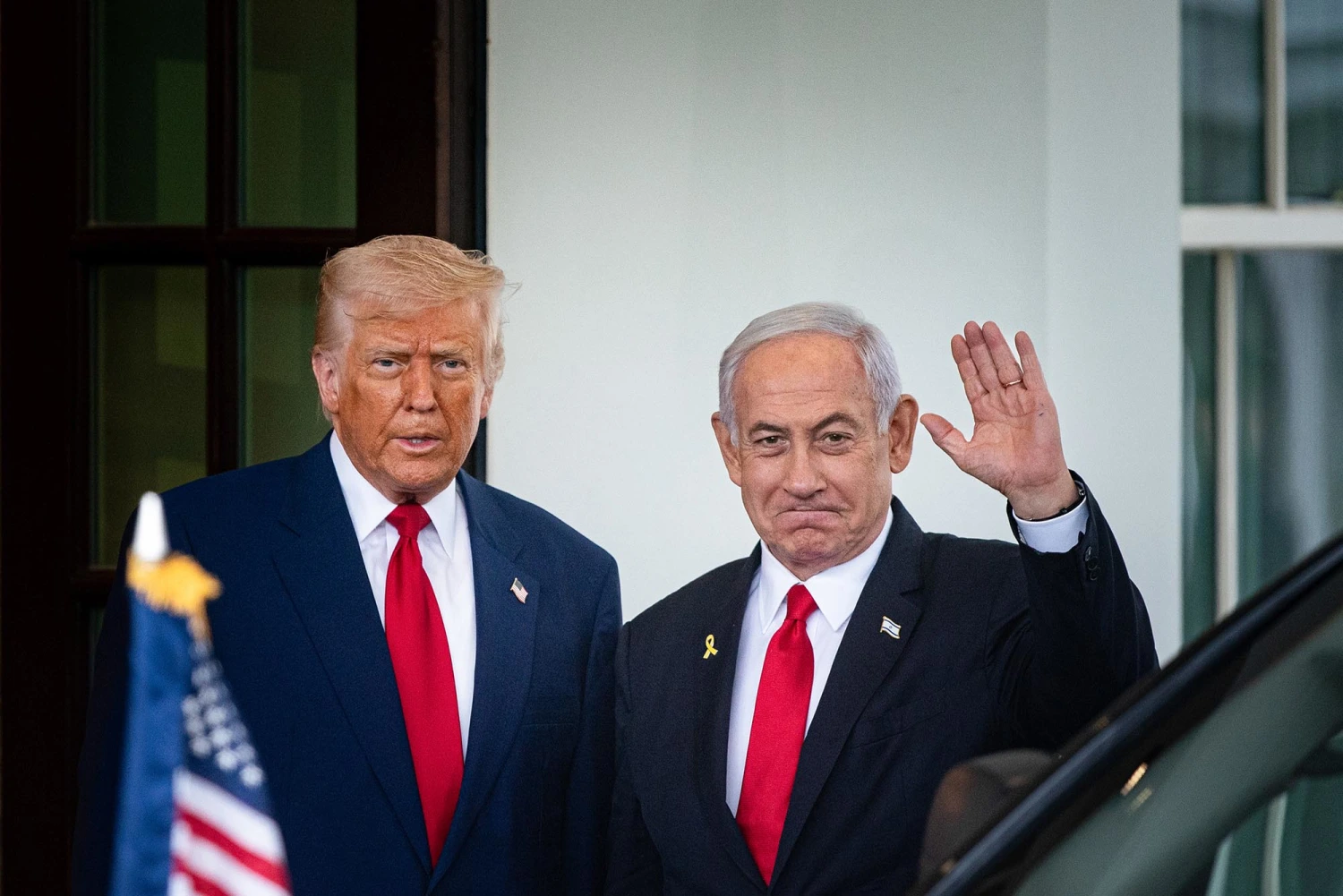
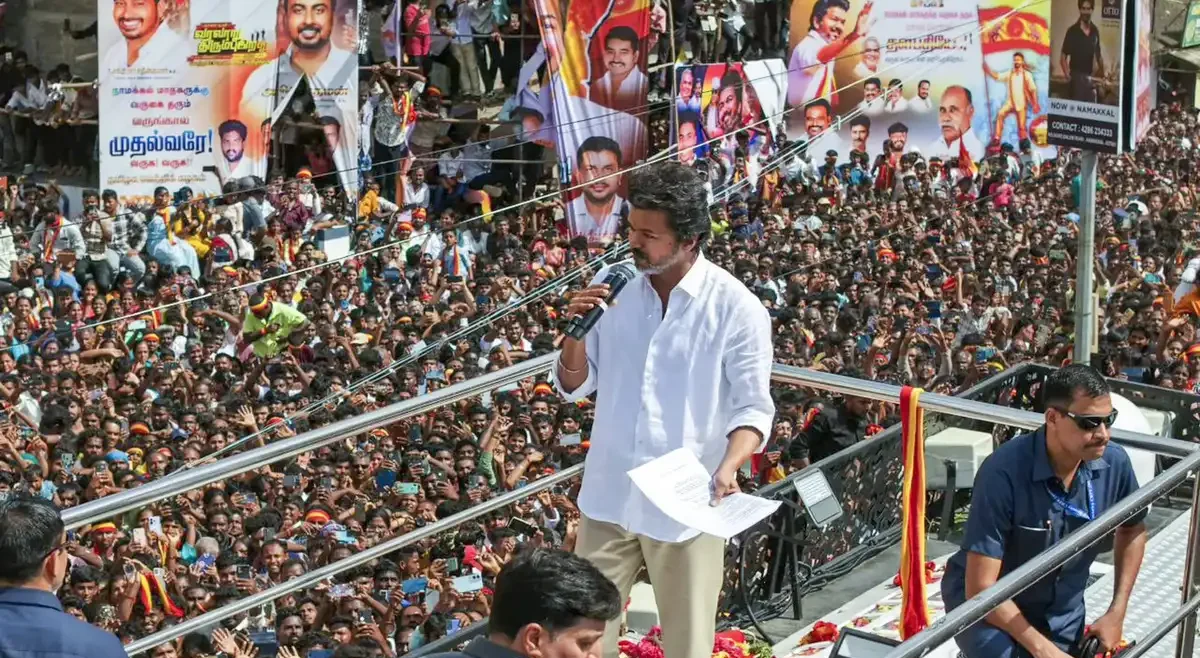
Leave a Reply